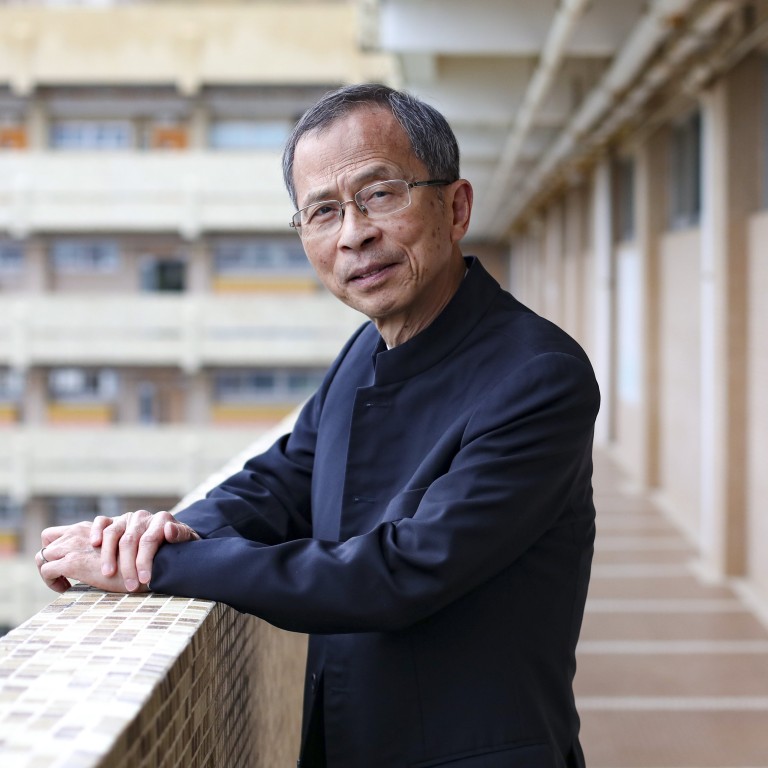
Will Beijing resume dialogue with Hong Kong’s opposition camp? Ex-Legco president Jasper Tsang says this will signal success of ‘one country, two systems’
- Pro-establishment heavyweight also suggests central government find ways to achieve ultimate goal of universal suffrage for city
- Tsang is one of the most liberal-minded members of his camp and has tried to bridge rift between pan-democrats and the central government
For pro-establishment heavyweight Jasper Tsang Yok-sing, a key indicator of the success of China’s “one country, two systems” governing policy over Hong Kong hinges on whether Beijing will resume dialogue with the pan-democrats amid a drastically altered political landscape in the city.
Tsang, who was president of Hong Kong’s Legislative Council from 2008 to 2016, also suggested Beijing find ways to achieve the ultimate goal of electing the city’s leader and legislature through universal suffrage.
“It’s undeniable that many pan-democratic politicians still enjoy support from a substantial number of people in Hong Kong,” he said in an interview with the Post in April.
Tsang, one of the most liberal-minded politicians from the pro-establishment camp, has been trying hard to bridge the rift between the opposition and the central government in recent years. During his tenure as Legco president, he suggested the central government arrange for all lawmakers, including pan-democrats, to visit the mainland.
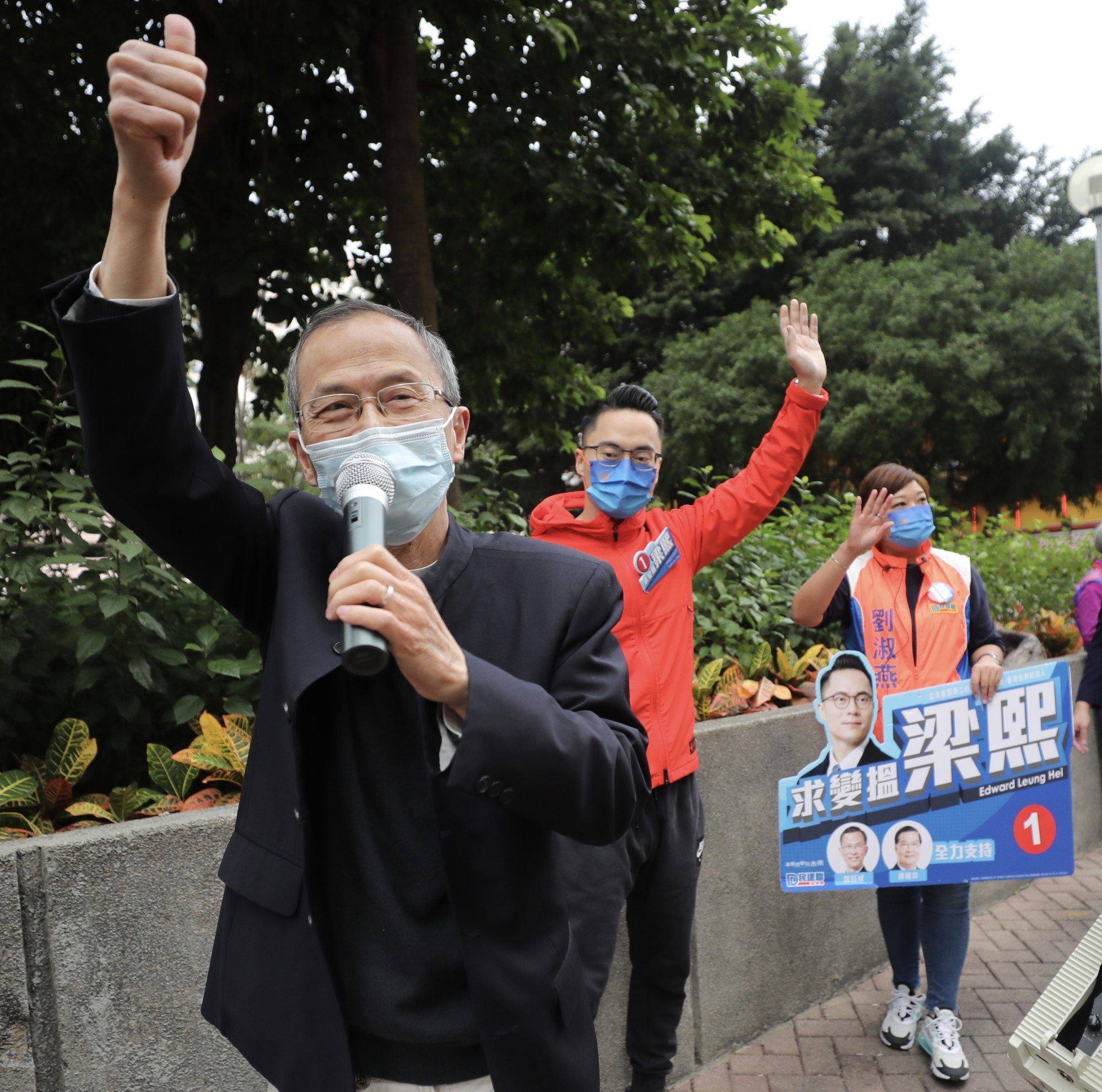
Civil servants should still be allowed to join legal rallies, ex-Legco chief says
“It’s very simple: many people did not come out to cast ballots because none of the pan-democrats they have been supporting ran,” Tsang said.
The pro-establishment camp swept all but one seat in the election last year amid a record-low turnout of only 30.2 per cent.
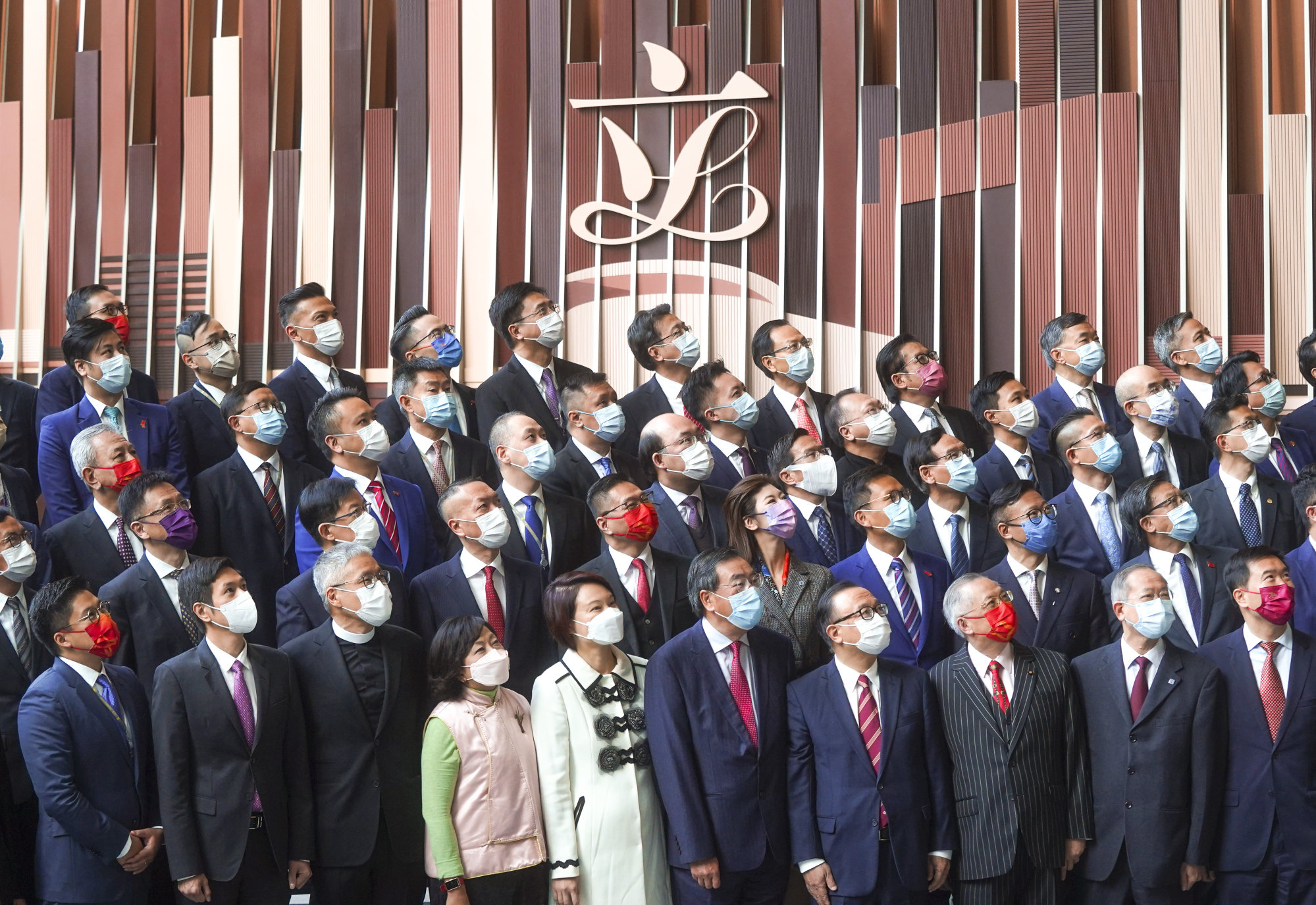
Tsang lamented that there had been no communication between the central government and the opposition since the 2019 anti-government protests, sparked by the now-shelved extradition bill.
The bill would have allowed for the transfer of fugitives to mainland China and other jurisdictions with which Hong Kong has no such deal. The protests later morphed into months-long social unrest, with Beijing in 2020 imposing the national security law on Hong Kong.
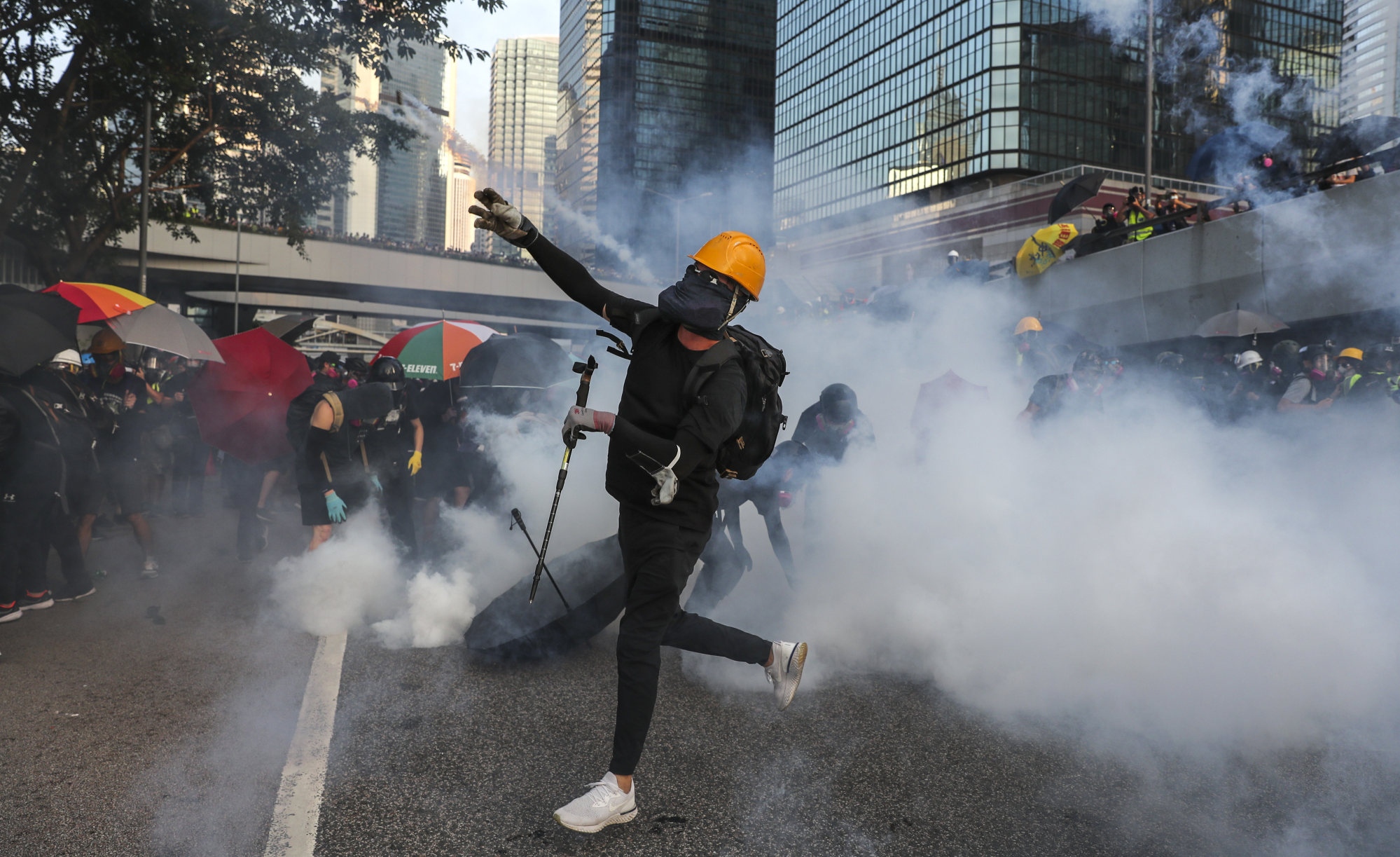
A year later, the central government overhauled the city’s electoral system to ensure only “patriots” could hold office. The changes include halving the number of directly elected legislators, the formation of new review mechanisms for election candidates and broad powers given to a vetting body stacked with Beijing loyalists.
“A key indicator of the success of ‘one country, two systems’ is whether the central government will resume dialogue with the pan-democrats,” Tsang said, noting the events in recent years that had left society deeply fractured.
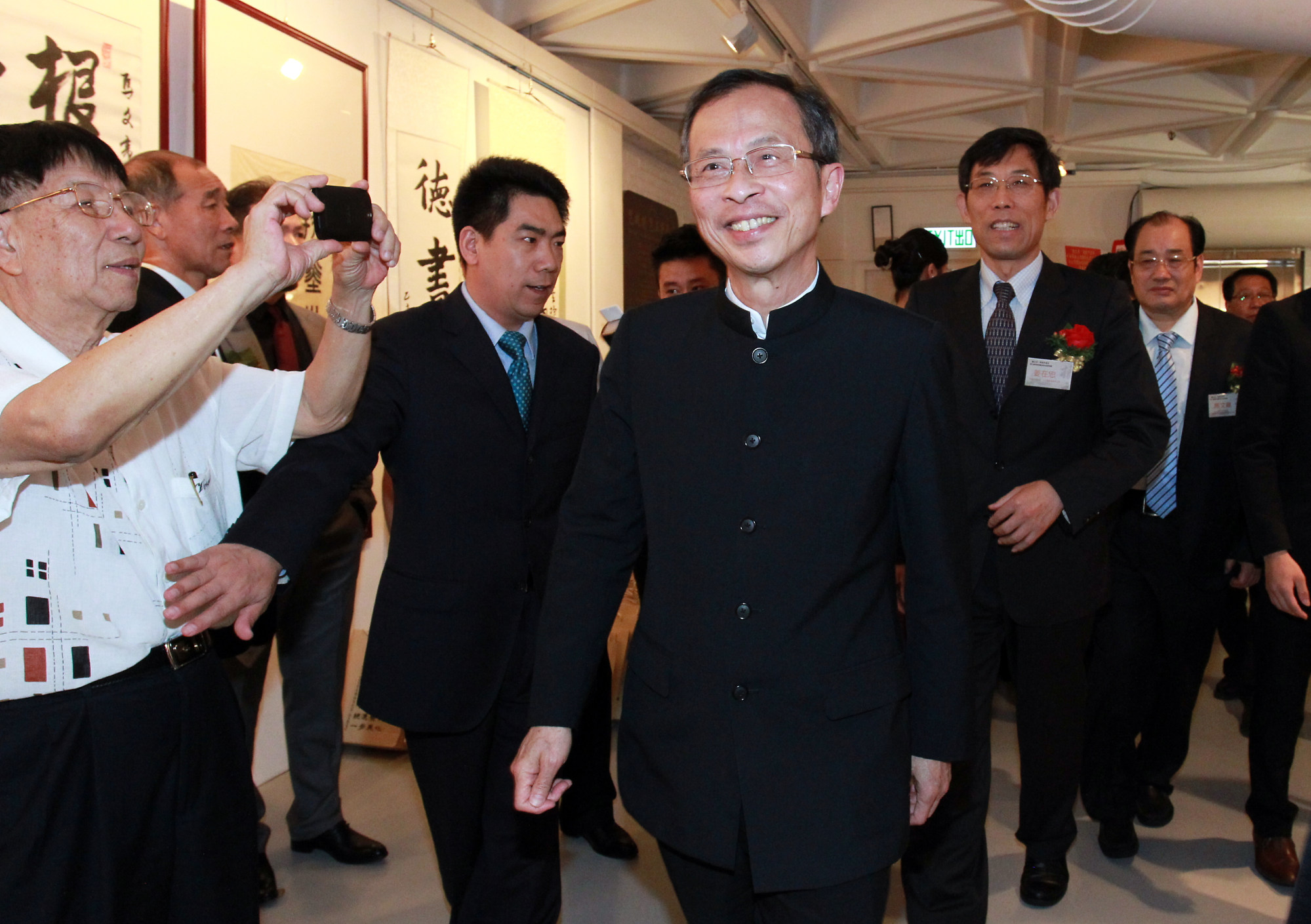
Tsang founded the Democratic Alliance for the Betterment and Progress of Hong Kong (DAB) in 1992. The pro-Beijing party, which has 19 lawmakers, is the city’s biggest political party boasting a membership of nearly 44,000.
As for the opposition side, Tsang said about a decade ago Wang Guangya, then director of the State Council’s Hong Kong and Macau Affairs Office, had described most members of the pan-democratic bloc as people who “love the country, love Hong Kong”.
Hong Kong opposition lawmakers probably out for good: ex-Legco president
The Democratic Party and the Civic Party each won six seats in Legco in 2012, and were the two biggest groups within the opposition camp at the time.
Tsang said of the situation now: “Is there a possibility for the central government to resume dialogue with the pan-democratic camp after Hong Kong has returned from chaos to order ?”
“Will the central government adopt a more lenient approach after the revamp of Hong Kong’s electoral system has ensured only patriots can enter political circles?”
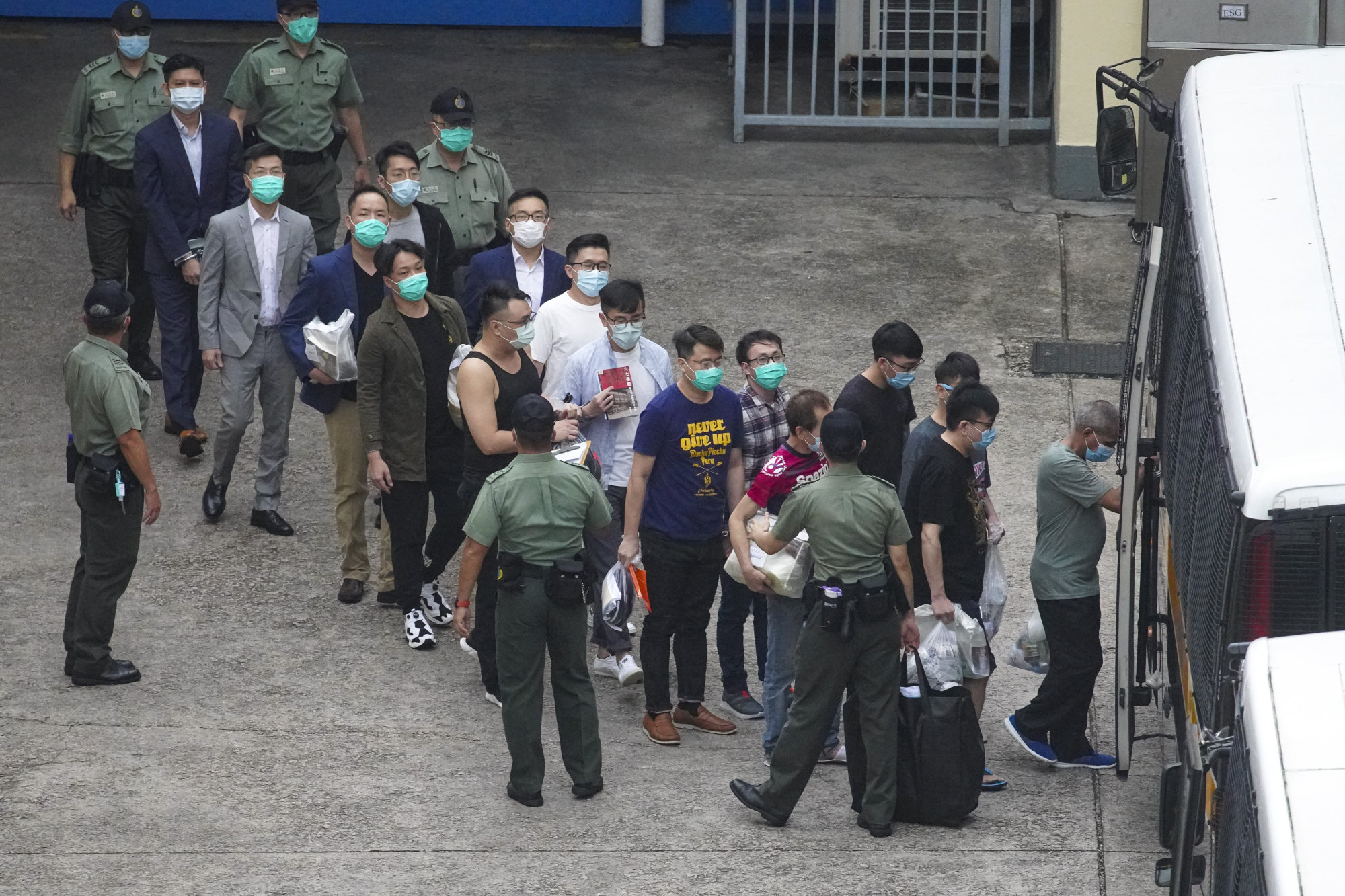
Tsang said he believed that the next administration under Chief Executive-elect John Lee Ka-chiu, a former police officer, could have more room for extending an olive branch to the pan-democrats.
“Nobody will accuse Lee of colluding with pan-democrats if he offers them public offices because his loyalty to the central government is already known due to his track record in the police force and the Security Bureau,” Tsang said.
Hong Kong’s former Legco president Jasper Tsang on chief executive candidates, Article 23, and Superman
He added that Beijing’s tightened grip over Hong Kong raised the question of whether the one country, two systems principle was merely a facade, as the central government was already wielding comprehensive jurisdiction over the city.
“I think state leaders also understand it will not serve any purpose if ‘Hong Kong people ruling Hong Kong’ is reduced to a shell,” he argued.
“I believe state leaders, including President Xi Jinping, want the one country, two systems formula to win the hearts and minds of Hongkongers, the Taiwanese and people around the world.”
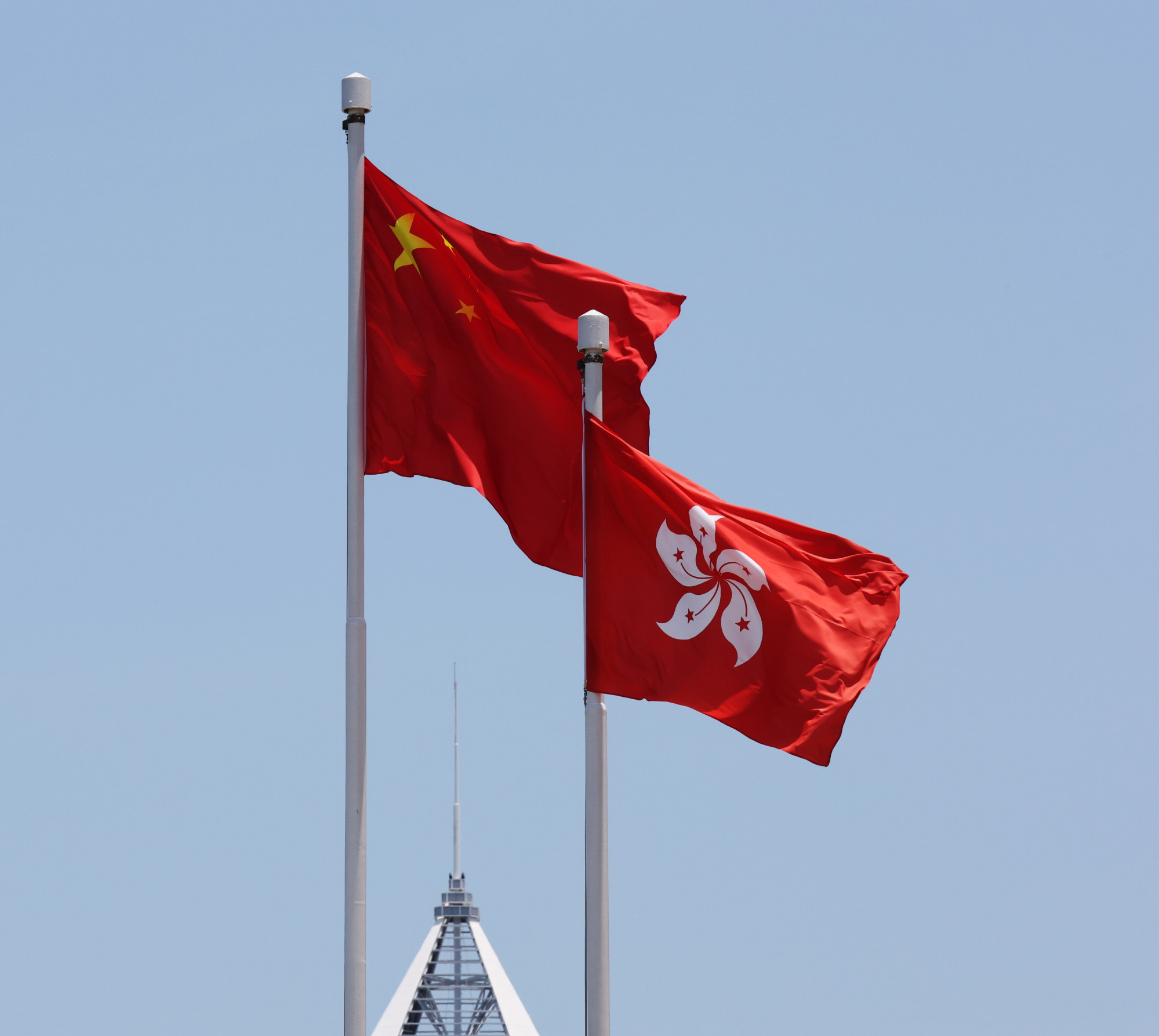
But Tsang said it was not enough for Beijing to declare that the principle of governance was working well in the city.
“If a large number of Hong Kong people vote with their feet, you can’t say one country, two systems is popular,” Tsang said, adding he hoped the central government would explore ways to achieve the goal of “dual universal suffrage” following the recent political overhaul.
According to Articles 45 and 68 of the Basic Law, the city’s mini-constitution, the method for selecting the chief executive and lawmakers shall be specified “in light of the actual situation” in Hong Kong, and “in accordance with the principle of gradual and orderly progress”.
The two articles also stipulate the election process of all Legco members and the chief executive by universal suffrage as “the ultimate aim”.
Beijing ‘should give more details on Hong Kong national security plans’
In August 2014, the National People’s Congress Standing Committee (NPCSC), the nation’s top legislative body, introduced an electoral reform framework in which Hong Kong would be allowed to pick its chief executive by universal suffrage in 2017 with voters choosing from candidates pre-vetted by a nominating committee. The proposal was swiftly condemned by the opposition as a “fake” democratic model.
The framework also triggered the Occupy movement, the city’s biggest demonstration of civil disobedience, which saw protesters blocking commercial areas in Admiralty, Mong Kok and Causeway Bay for 79 days.
In the end, Legco voted against the Hong Kong government’s proposal for universal suffrage based on Beijing’s framework and the city’s fourth leader, Carrie Lam Cheng Yuet-ngor, was picked by the Election Committee in 2017.
In a white paper issued in December 2021, Beijing renewed its pledge to pursue the ultimate goal of electing Hong Kong’s leader and legislature by universal suffrage, although critics have questioned the commitment to this after the 2019 protests and the ensuing political shake-up.

